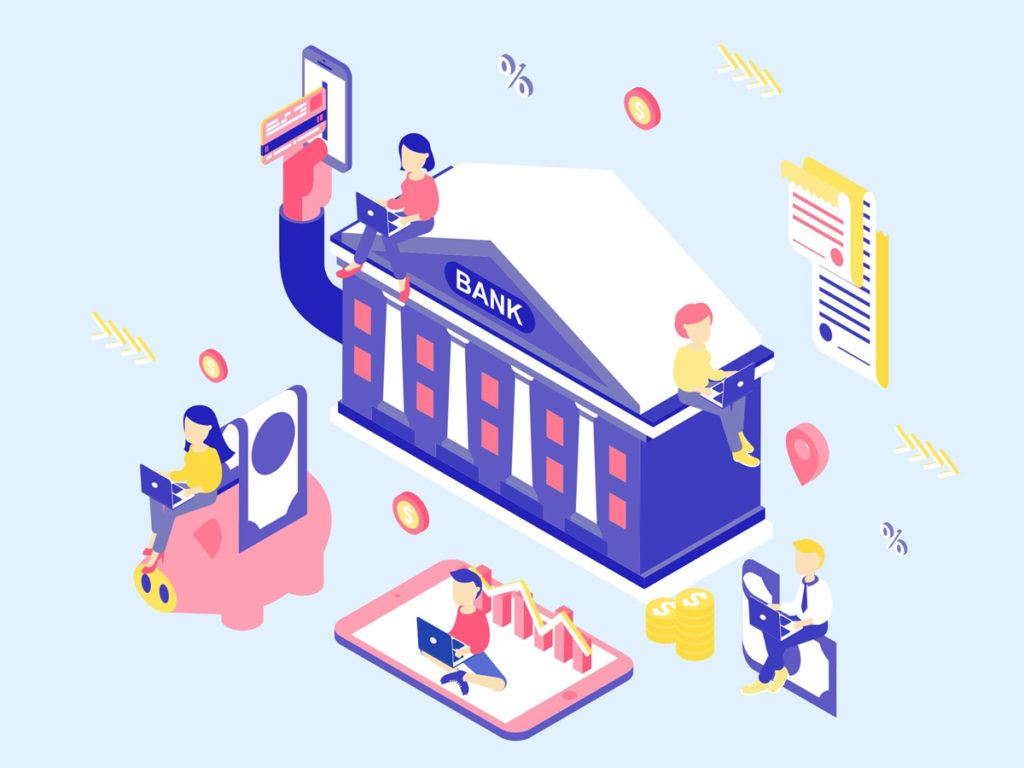Table of Contents
For most of the first decade after the introduction of cryptocurrencies, users still had to rely on centralized exchanges (which have custody over crypto funds). So a contradiction happened since decentralized funds were kept with centralized institutions. This is where DeFi came into the picture.
Decentralized finance, or DeFi, is a broad category of peer-to-peer financial apps that are being built on top of a programmable blockchain. DeFi’s guiding principles are in line with the ultimate goal of decentralization. With DeFi, there is no need to trust a company with the custody of your assets or think about the possibility of your access getting restricted or assets being frozen.
Key Takeaways
- Decentralization entails removing the centralized middlemen (like banks) and replacing them with unchangeable, secure protocols developed on blockchain
- The main mechanisms used in DeFi are Smart Contracts
- Advantages include eliminating intermediaries, single points of failure, and ease of access for everyone.
The Difference With Traditional Finance
The aim of Decentralized Finances is to enhance, eventually abolish, or entirely modify traditional financial systems so that all global financial exchanges follow the principle of decentralization. Achieving this goal will result in a fairer distribution of wealth and more access to financial opportunities for anybody with an internet connection.

In addition, Traditional Finance (TradFi) technology can be clumsy, slow, and geographically constrained, and banks still have limited working hours. Also, since there was a lack of competition and innovation, many of these institutions have been hesitant and slow to adopt new technologies.
DeFi tries to revolutionize finance by fundamentally redefining how humans extract value from their labor and trade it through a decentralized, peer-to-peer global financial infrastructure.
Smart Contracts: Creating a Global DeFi System?
All of this sounds wonderful, but you might be asking how DeFi would achieve such a significant transformation in how we exchange and express value. Currently, “smart contracts” are the main mechanisms of realizing DeFi’s vision.
Smart contracts in the crypto space refer to automated codes that enact a set of instructions, permanently visible and verifiable on the blockchain. Since they are irreversible and unchangeable once they get deployed, it ensures a high level of reliability and security. Ethereum and other networks compatible with EVM (Ethereum Virtual Machine) let anyone program and control digital value via smart contracts.

Smart contracts are beneficial because they can replicate crypto swaps, loans, bonds, and other financial services that are traditionally performed by centralized institutions, like banks, which, in turn, impose high fees and limit the amount of interest that people may earn from their assets.
DeFi: Advantages
As mentioned, TradFi relies on financial institutions (i.e., banks) to be intermediaries and courts to act as arbitrators. On the other hand, no mediators or arbitrators are required in DeFi applications. The code outlines how any potential disagreements will be resolved, and users retain complete control over their funds at all times. This lowers the costs associated with offering and using these products, making the financial system more frictionless.
Another benefit is that single points of failure are removed since these new financial services are built on top of a blockchain. Also, the data being stored on the blockchain and distributed across hundreds of nodes makes censorship or the possible shutdown of service difficult. In addition, deploying DeFi applications becomes easier and safer because the framework can be created in advance.
Ease of access for people who would otherwise not have access to financial services is another key benefit of such an open ecosystem. Because of the way TradFi operates to generate a profit, its services are often unavailable in places with low-income communities. However, with DeFi, the fees are substantially lower, allowing these people to benefit from a wider area of financial services.
Potential Uses of DeFi: Borrowing & Lending
One of the most popular application types in the DeFi ecosystem is open lending protocols. Some of the many advantages of open and decentralized Borrowing and Lending over the traditional credit system are the capability to collateralize digital assets, instant transaction settlement, no credit checks, and the possibility of future standardization.
Being built on the public blockchain allows these lending services to minimize how much trust is needed and be protected by cryptographic verification mechanisms. Blockchain-based lending marketplaces decrease counterparty risk, making borrowing and lending more affordable, quicker, and accessible to a wider range of individuals.
Potential Uses: Monetary banking Services
Since they are financial applications, DeFi apps can be used for banking services, like issuing stablecoins, insurance, and mortgages.
Stablecoins
Stablecoins are a type of crypto asset which is often connected to a real-world asset but can easily be transferred digitally. Decentralized stablecoins might be accepted for everyday usage as digital cash that is neither issued nor managed by a central authority, given that cryptocurrency prices do fluctuate fast at times.
Mortgages & Insurance
Since the biggest expense for mortgages and insurance comes from having many intermediaries, allowing these actions to be performed on a blockchain and through smart contracts would lessen the costs and reduce premiums while maintaining the same service quality.
Potential Uses: Decentralized Platforms
This DeFi segment gives the most space for financial innovation. One of the essential DeFi applications is Decentralized Exchanges (DEXes). These decentralized platforms enable users to trade digital assets without entrusting their funds to an intermediary (the exchange). And smart contracts are used to make DeFi trades directly between user wallets. In addition, DEXes often offer lower trading fees than centralized exchanges since they require far less maintenance work.

Final Thoughts
As you saw, DeFi enables anyone to write smart contracts and develop new financial instruments like exchanges, asset management solutions, and money markets. It focuses on creating financial services that are separate from the traditional financial system. The hope is that it would allow the financial system to be more open and perhaps lessen precedents of discrimination and censorship worldwide.
Disclaimer: The opinion expressed here is not investment advice – it is provided for informational purposes only. It does not necessarily reflect the opinion of EGG Finance. Every investment and all trading involves risk, so you should always perform your own research prior to making decisions. We do not recommend investing money you cannot afford to lose.
 English
English Français
Français Español
Español Bahasa Indonesia
Bahasa Indonesia 中文 (中国)
中文 (中国) Русский
Русский Português
Português Deutsch
Deutsch

